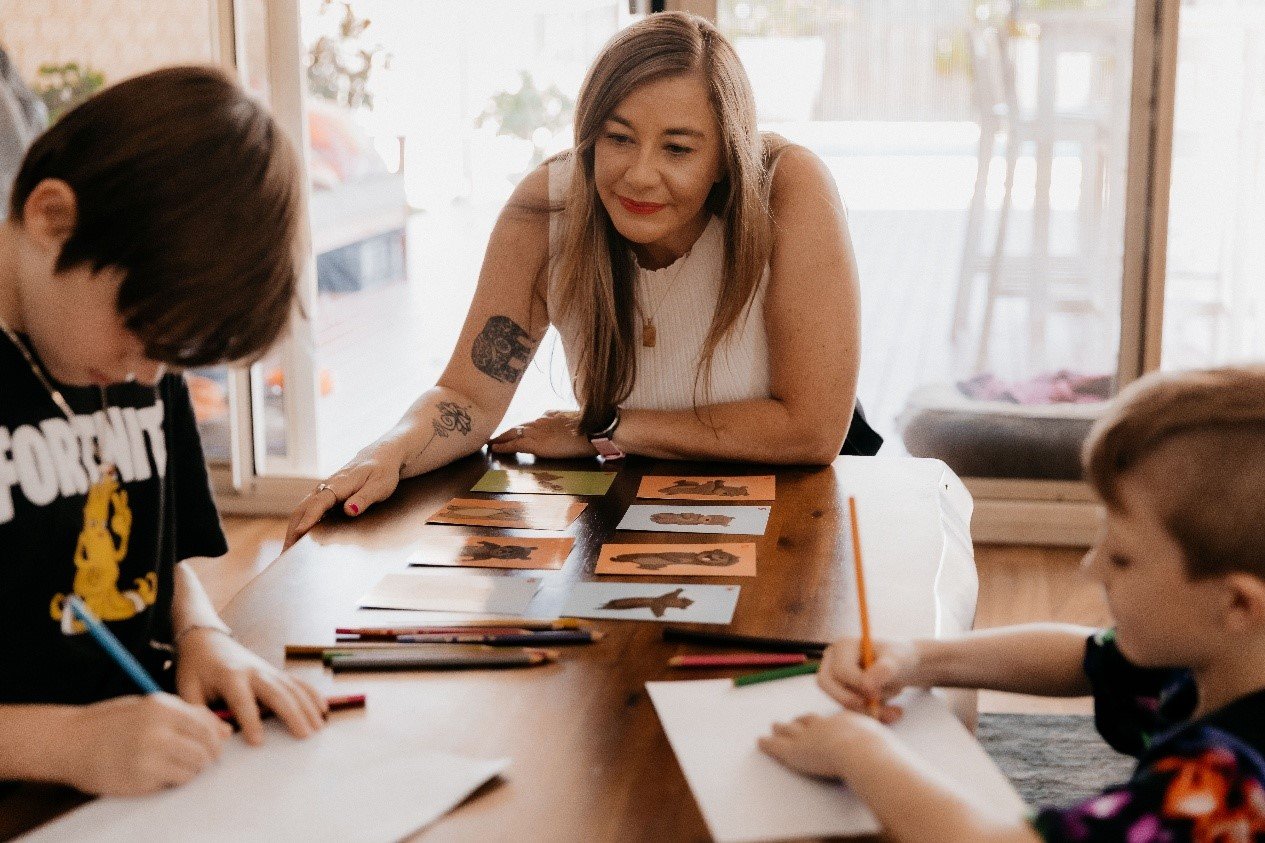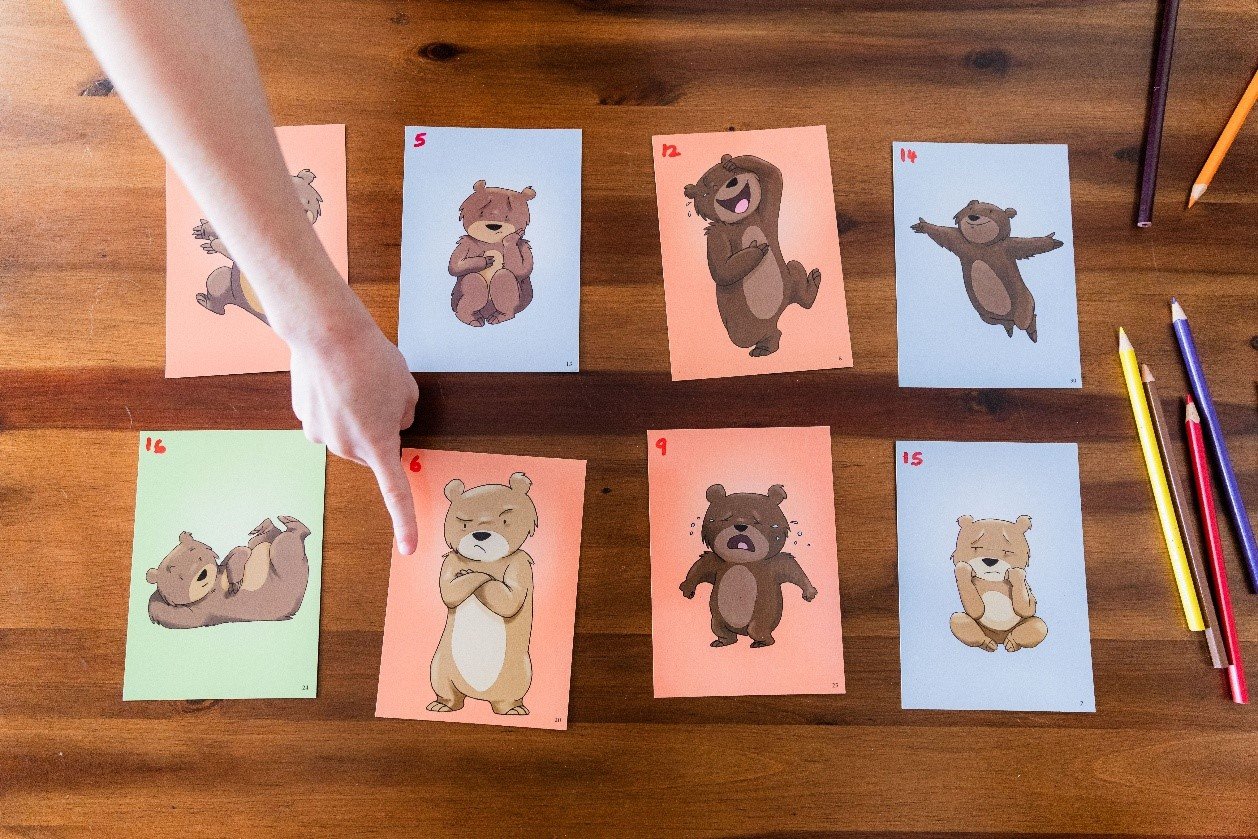Child Inclusive Practice (CIP) in Mediation
Child Inclusive Practice (CIP) in mediation is a valuable tool that gives children a voice during separation. In Australia’s evolving Family Law system, professionals are placing increasing importance on hearing children’s views.
Developed by respected experts such as Bill Hewlett and Dr. Jennifer McIntosh, CIP provides a supported setting. It allows children to express their thoughts, feelings, and concerns safely and respectfully.
A Safe Space for Children to Be Heard
At Envision Mediation, our trained Child Consultants use a gentle and age-appropriate approach. They meet with children in a calm, non-invasive, and supportive environment. These sessions help children feel understood and safe, and many report feeling relieved after sharing their views and experinces.
Strengthening Relationships and Reducing Conflict
Research shows that Child Inclusive Practice (CIP) benefits families well beyond the session. It has been shown to reduce conflict and improve the co-parenting relationship. Moreover, it has been shown to strengthen the relationship between parents and children after separation.
When parents gain insight into their child’s needs, they can make more informed and child-focused decisions. As a result, mediation becomes more productive and meaningful for everyone involved.
How the CIP Process Works
The FDRP begins by assessing suitability during the intake session. If both parents and children agree, our child consultant meets individually with each parent, then each child. The consultant meets with the parents to gain an overview of the co-parent conflict and history. Then they meet with the child to explore how the child feels about the family situation and any worries they may have.
In mediation, the consultant shares general feedback to the parents without the children present. This helps guide parents toward better outcomes and more child focused agreements.
Focusing on the Child’s Wellbeing
Child Inclusive Practice (CIP) in mediation helps parents move beyond conflict and focus on what matters most: their child’s wellbeing. At Envision Mediation, we are proud to offer this meaningful and valuable service.


